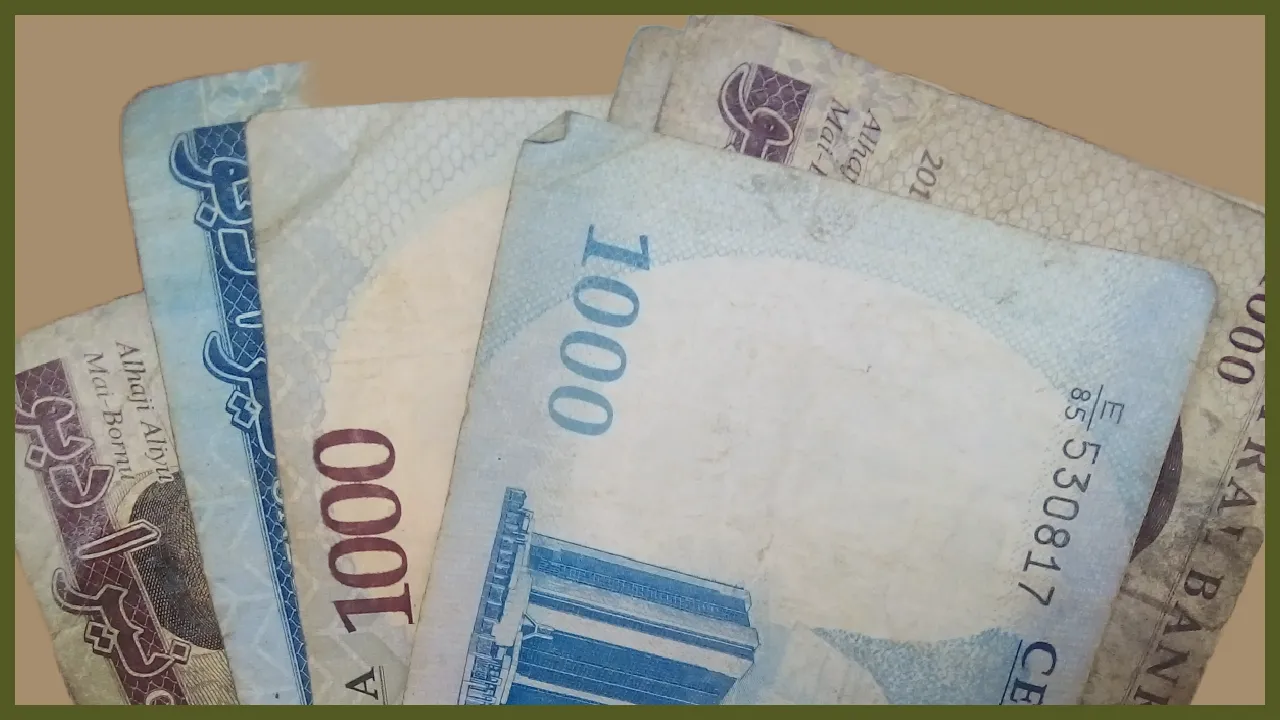
In Nigeria today, a lot of people are paying close attention to the naira's exchange rate. As the value of the Nigeria currency keeps fluctuating up and down, It matters to know where our local currency stands globally. This piece checks out recent global exchange rates for the naira. We'll study the numbers and see how the naira matches up to currencies like the US dollar, British pound, euro, and more. Let's get to it.
US Dollar
The dollar is considered the world's primary reserve currency, involved in approximately 40% of all forex trades each day. Currently, the dollar exchanges for around NGN1,300 at the CBN rate and roughly NGN1,600 on the parallel market. Aggressive interest rate hikes by the US Federal Reserve this year have strengthened the dollar relative to currencies in developing nations facing inflation pressures, including the naira. For Nigerians conducting international business or seeking a stable store of value, the dollar retains relevance despite naira depreciation.
British Pound
The "pound sterling," or simply "pound," ranked as the fourth most-traded global currency. It's currently worth about NGN 1,920 at the Central Bank of Nigeria (CBN) rate or roughly NGN 2,021 in the parallel market. As the UK's Bank of England raises interest rates, just like the US Federal Reserve, the pound strengthens against other currencies like Nigeria's naira. The pound-naira exchange rate rises consistently. Although it's increasing, it's still more favorable compared to rates with the euro or dollar.
Euro
The euro is next to the US dollar in global trading. Looking at current rates, one Euro is about NGN1,675 at the CBN rate. On the parallel market, it can be roughly NGN1,720. Despite challenges, such as high energy costs that slow growth in the Eurozone, the European Central Bank's decisions to raise interest rates have made the euro stronger. For people in Nigeria doing Europe-based business, or those seeking dollar alternatives, the euro stays more stable compared to the naira, which suffers from inflation.
Japanese Yuan
The Japanese yen is a powerful global currency. If you check today's exchange rates. One yen equals about ₦10 according to the official rate, or around ₦12 unofficial black-market rate. Western currencies are strong, but the yen slipped against the dollar this year. This dip is due to Japan's slow economy and low interest rates. Compared to Nigeria's troubled naira, however, the yen is solid. Its value remains stable. Despite increased inflation and domestic economic issues, the yen-to-naira rate didn't fluctuate much.
Australian Dollar
The "Aussie", or Australian dollar, is the world's fifth most exchanged currency. Right now, one Australian dollar costs around NGN1,031 using the CBN rate. On the parallel market, it's near NGN1,200. While Australia sees some economy problems due to China's slowdown, their monetary policy are is relatively tight with higher interest rates compared to the Naira, and their dollar gets stronger against the naira. The difference in these rates boost the Aussie currency.
Canadian Dollar
The Canadian dollar also called the "Loonie" belongs to the group of top 15 global currencies that are mostly traded. Right now, NGN900 will get you one Canadian dollar at the CBN rate. But, in the "black" market it will cost you around NGN1,350. Similar to U.S., Canada too, decided to blow up the interest rates this year to hold back the inflation rate in the country. The Loonie has become stronger, especially when it's measured against currencies from countries whose currencies are losing the race and the cost of living is going up. This includes the naira.
Swiss Franc
The Swiss franc is a reliable and stable currency. Currently, one franc equals about 1,757 NGN according to the CBN rate. In the parallel market, it's closer to 1,822 NGN. As a currency backed by the most stable economy in the world, with low inflation and public debt, the franc often remains stable or even rises when global risks grow.
Chinese Yuan
The Chinese Yuan, often called the renminbi, is the next big thing after the US dollar in terms of global currency trading. Presently, one Yuan equals roughly ₦210 in official rates and about ₦230 in black market. The Yuan's value has dropped a bit this year due to a slower Chinese economy. Yet, compared to the naira which inflation has affected, the yuan has remained more or less stable.
Russian Ruble
The Russian ruble is Russia's official currency. Russia has the twelfth largest economy globally. Currently, the exchange rate is about one ruble to NGN 16, according to the Central Bank of Nigeria (CBN). In contrast, it's around NGN18 on the open market. Even with sanctions after Russia's actions in Ukraine, the ruble recovered this year because of strict control policies by Moscow.
In conclusion, the Nigeria naira hasn't been doing well as other currencies worldwide. Issues like high inflation rate and a shortage of foreign exchange supplies are making things hard. These issues decrease the naira's buying power within Nigeria. At the same time, interest rates are going up in other countries. They have better economics, which makes their currency more attractive. If you're in Nigeria doing global business or looking to diversify, more stable currencies could be helpful. You could look at the US dollar, British pound, euro, or Japanese yen. They can offer shelter from the naira's shaky performance. For the naira, to fight this decline against world currency, good economic policies must be in place to maintain price stability.
This is my entry for today's #Marchinleo prompts, "Currencies Around the World, Exchanges."
Stuck with writing block? Try the Marchinleo daily prompts. They may help on those idea-empty days. Check on @leo.tasks to know more about the writing challenge.